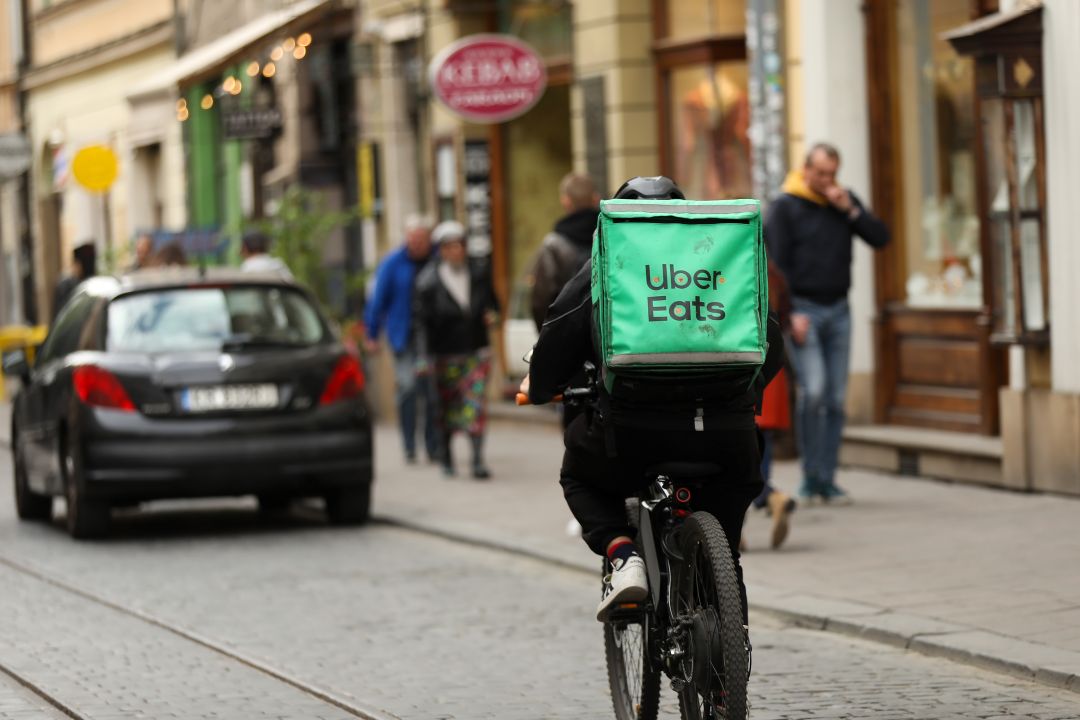
It’s time for state and federal lawmakers to embrace a portable benefits model, which will both preserve the flexibility of gig work and protect individual workers
Over the past decade or more, in conjunction with the rise of the gig economy, a growing debate has arisen about how to classify American workers. Specifically, sectors that have traditionally operated under independent contractor arrangements have come under increasing scrutiny from progressive policymakers who argue that workers in these industries should be reclassified as employees and therefore be eligible for benefits such as health insurance. A recent move by the Trump administration is sure to jump-start the debate once again, so it’s time for lawmakers to step in and update American labor policy for the 21st century.
The debate first started in the wake of California’s now-infamous 2018 Dynamex state supreme court decision, which ushered in the adoption of a more stringent test for classifying workers as contractors rather than employees. The equally infamous A.B. 5 law was then passed in California, instituting what became known as the “ABC test” for worker classification. The upshot was that, to be classified as an independent contractor under the law, a worker needed to meet certain criteria, such as performing work “outside the usual course” of the hiring entity’s business.
This standard was essentially impossible to meet for nearly all gig economy workers, as well as for many other roles that traditionally operated under independent contracting arrangements, including real estate agents, financial advisers and emergency room doctors. As a result, many of these workers found it harder to get jobs, since employers couldn’t afford (or didn’t want) to pay the additional costs of hiring more employees instead of contractors. The blowback against A.B. 5—which, in addition to gig workers, ensnared everyone from freelance writers to theater actors—was swift. In 2020, Golden State voters passed Proposition 22, which exempted app-based delivery and transportation drivers from A.B. 5’s reach.
Continue reading the entire piece here at Discourse
______________________
C. Jarrett Dieterle is a nonresident senior fellow at the R Street Institute and a legal policy fellow for the Manhattan Institute.
Photo by Klaudia Radecka/NurPhoto via Getty Images

















